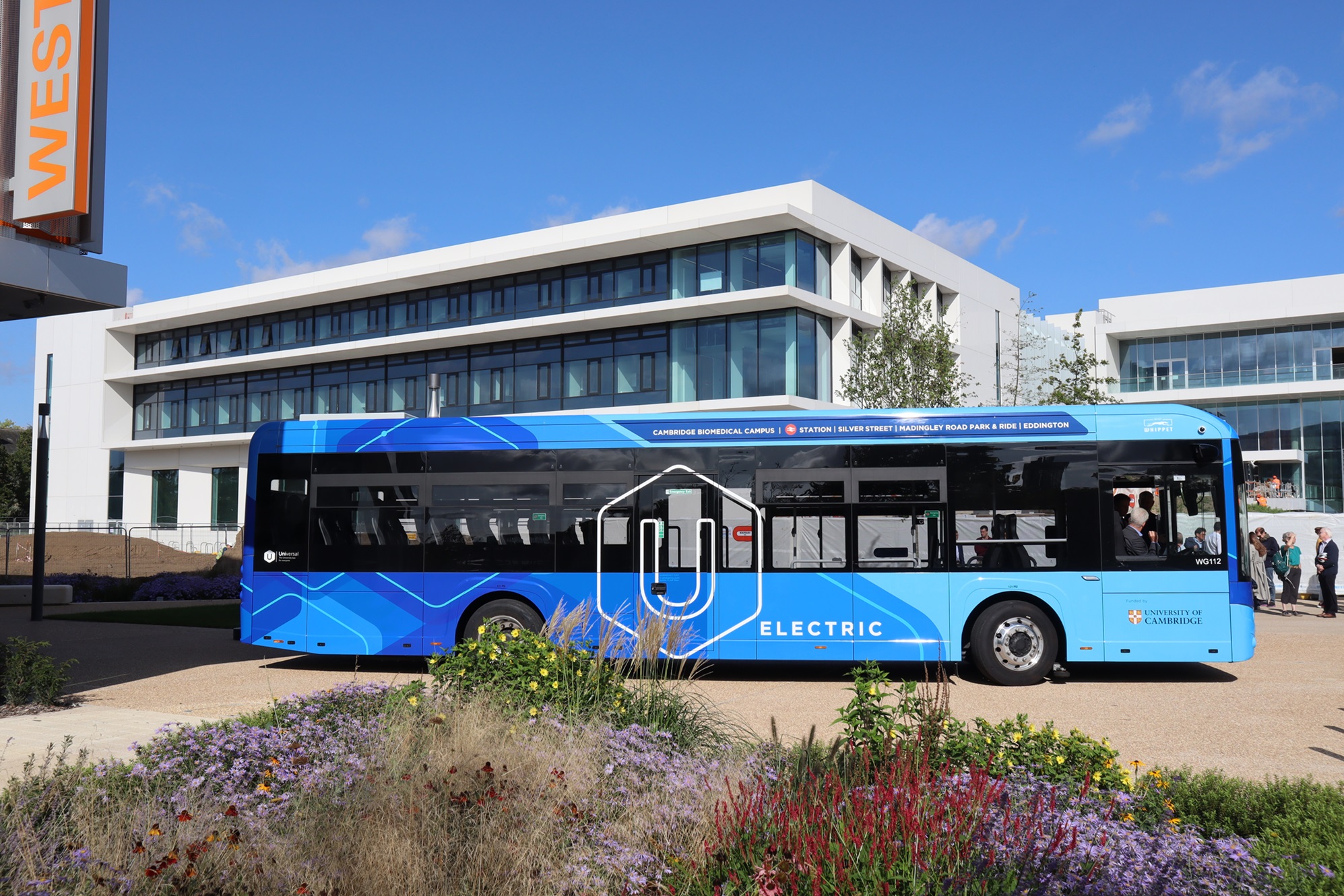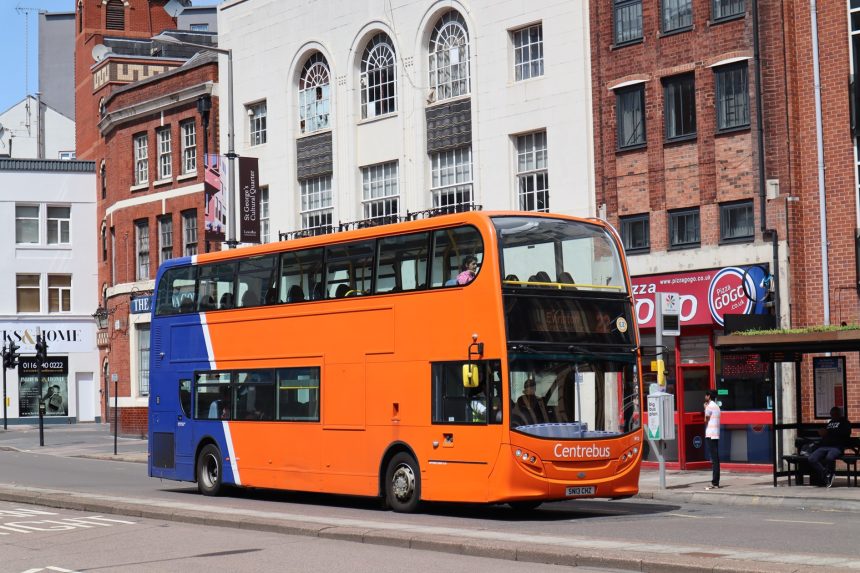SME bus operators should use time before the general election to feed into policy matters that impact them, ALBUM members heard at the group’s recent conference in Cheshire.
Policy Advisor Tony Depledge acknowledges that SME leaders must often focus their efforts on day-to-day matters, but he adds that the period until expected polling day in November is where the industry should make its case to politicians for long-term certainty.
While franchising is prominent in Labour policy, Mr Depledge notes that many other matters affecting the sector’s long-term future require attention from ALBUM and its members.
Among them are creation of new municipal operators and rollout of accessible information compliance dates, and in England, the future of the £2 bus fare cap and BSOG reform. Key also is what happens in areas where franchising is not pursued – and Mr Depledge believes that in England, there may be more of those than Labour publicly expects.
Franchising take-up ‘may not reach Labour expectations’
Like the Confederation of Passenger Transport, ALBUM has no position on whether franchising is good or bad. Instead, it “will work under whatever regime is given.”
Because of that, core policy on reregulation is to ensure that politicians grasp the importance of SME operators. “We believe very strongly that there is, and should be, a role for [those businesses] under a franchised arrangement,” Mr Depledge continues.
ALBUM acknowledges that some SMEs view public control as an existential threat, with work in Greater Manchester having delivered minimal presence of those operators on the Bee Network.

That aside, Mr Depledge suggests that while Labour favours franchising, the ultimate rate of take-up by local authorities (LAs) may not be what the party envisages. He points to recent comments by Labour and its belief that no additional government funding will be necessary to deliver a wholesale shift in the regulatory landscape in England.
“That is code [to LAs] for ‘you are on your own – don’t ask us for more money,” he continues. But engagement with elected representatives on the importance of SME bus operators sits hand-in-hand with winning over the most numerous party of all: Voters.
“When we talk about politicians not having the will to make the changes that we want, that it usually because we have not won the argument with the electorate,” says Mr Depledge, adding that SMEs are suitably embedded in their communities to make an impact there.
ALBUM counts all remaining municipal bus operators as members and sees nothing wrong in more being established. However, it believes that there must be suitable caution in councils’ approaches in that area, with the Association keen to share its knowledge with LAs where appropriate. Core is ensuring that they realise the scale of such an exercise, and that a fair playing field for SMEs is maintained where it progresses.
ALBUM opposes BSOG devolution in England
Although ALBUM is open to working under regulatory models where LAs have more control, it does not support those bodies in England being awards control of BSOG. Such a change was recently hinted at by Department for Transport Co-Director, Local Transport, Stephen Fidler.
ALBUM questions what benefit to passengers that change would bring. Mr Depledge believes the current arrangement represents efficient delivery of funding to the industry.
Key to opposition of BSOG devolution is the potential for differing approaches it could create. A national structure is favoured, but ALBUM accepts that the Urban Transport Group is likely to push hard for local control of the grant via the upcoming consultation on reform.
On the £2 bus fare cap in England, ALBUM wants an end as planned in December, although there is an acceptance of that being be politically awkward with an expected general election in November.
Regardless of that timing, a suitable exit strategy is core to ALBUM’s position. It wants funding currently put to the fare cap to remain in the industry, and thus advocates using it on a more targeted basis, including towards some lower-income groups.
Long-term clarity is key in pre-election bus policy
Overarching key to ALBUM’s policy asks is long-term clarity, Mr Depledge says. To that end, the industry must not allow LAs to wield the threat of franchising forever. “We cannot be in a position where it always comes up. We need certainty of the regime ahead. Otherwise, we cannot invest.”
There is understanding that a new operating model will come in some areas. But in ALBUM’s view, a settled policy and financial landscape underpins a secure future for the bus industry. Part of that must capture socially necessary services. The Association wants further work in that area – including an obligation on LAs to fund them.



























